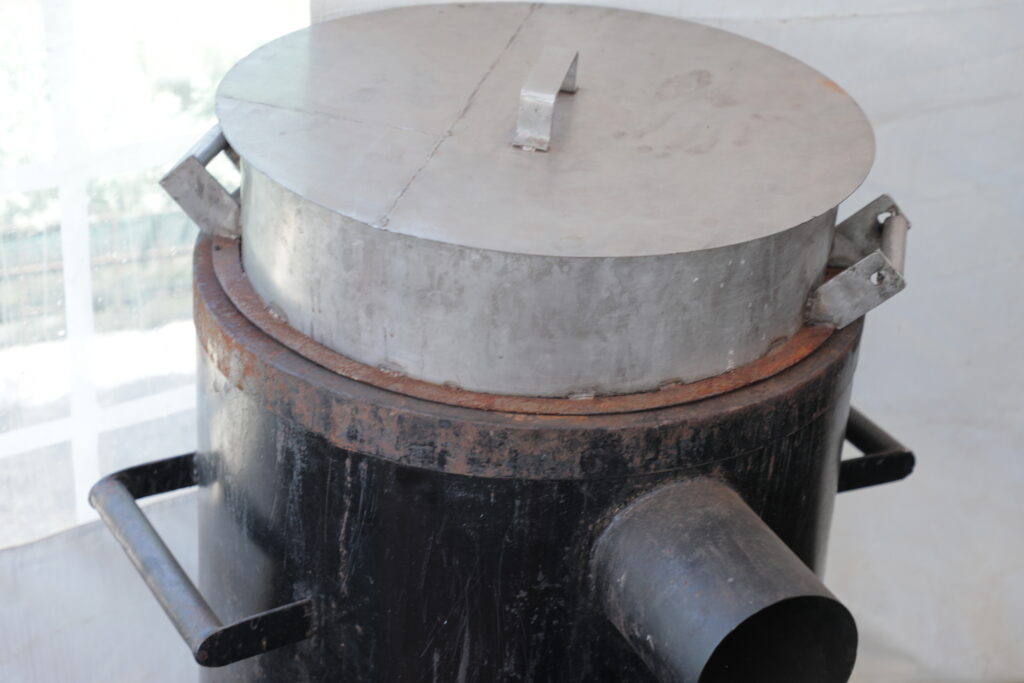In the global pursuit of sustainable living and environmental conservation, the culinary landscape is experiencing a noteworthy transformation with the emergence of improved charcoal stoves and institutional stoves. These innovations not only bolster cooking efficiency but also play a pivotal role in advancing international initiatives, such as the SDGs and ISSP.
1. The Advancement of Improved Charcoal Stoves:

Historically associated with deforestation and air pollution, traditional charcoal stoves are undergoing a renaissance with the introduction of improved models. These stoves, meticulously designed for efficiency and sustainability, not only utilize fewer briquettes but also expedite cooking processes, all while maintaining an environmentally conscious approach.
Impact on SDGs:
SDG 7 (Affordable and Clean Energy): The reduced consumption of briquettes by improved charcoal stoves aligns with the goal of promoting affordable and clean energy sources.
SDG 13 (Climate Action): Mitigating deforestation through decreased reliance on traditional charcoal production contributes significantly to climate change mitigation.
2. The Significance of Institutional Stoves:

Transitioning from traditional cooking methods to institutional stoves marks a significant leap toward sustainable culinary practices. These stoves, designed for large-scale use in institutions such as schools and community centers, boast features like advanced chimney systems and efficient combustion mechanisms, ensuring both speed and cleanliness in cooking processes.
Impact on ISSP:
Advancing Social Justice: The widespread adoption of institutional stoves ensures equitable access to efficient cooking facilities, promoting social justice by eliminating disparities in culinary resources. Environmental Responsibility: Institutional stoves, by reducing smoke emissions and improving combustion, exemplify the ISSP’s commitment to environmental responsibility, creating a healthier cooking environment.
3. Community Impact:
The introduction of improved charcoal stoves and institutional stoves has reverberated through communities, offering not only swift cooking solutions but also fostering a healthier living environment.
Community Testimonials:
A resident of [Nabulagala/ Rubaga division], Mrs. Rachal shares how the transition to improved charcoal stoves has substantially reduced her monthly expenditure on briquettes, allowing her to allocate resources to other critical needs.
As we navigate towards a sustainable future, the adoption of improved charcoal stoves and institutional stoves stands as a beacon of progress. These innovations not only address pressing environmental concerns but also contribute to social and economic well-being. Embracing these advancements signifies a substantial step forward in achieving the SDGs and upholding the principles of the ISSP, paving the way for a more sustainable and equitable world.